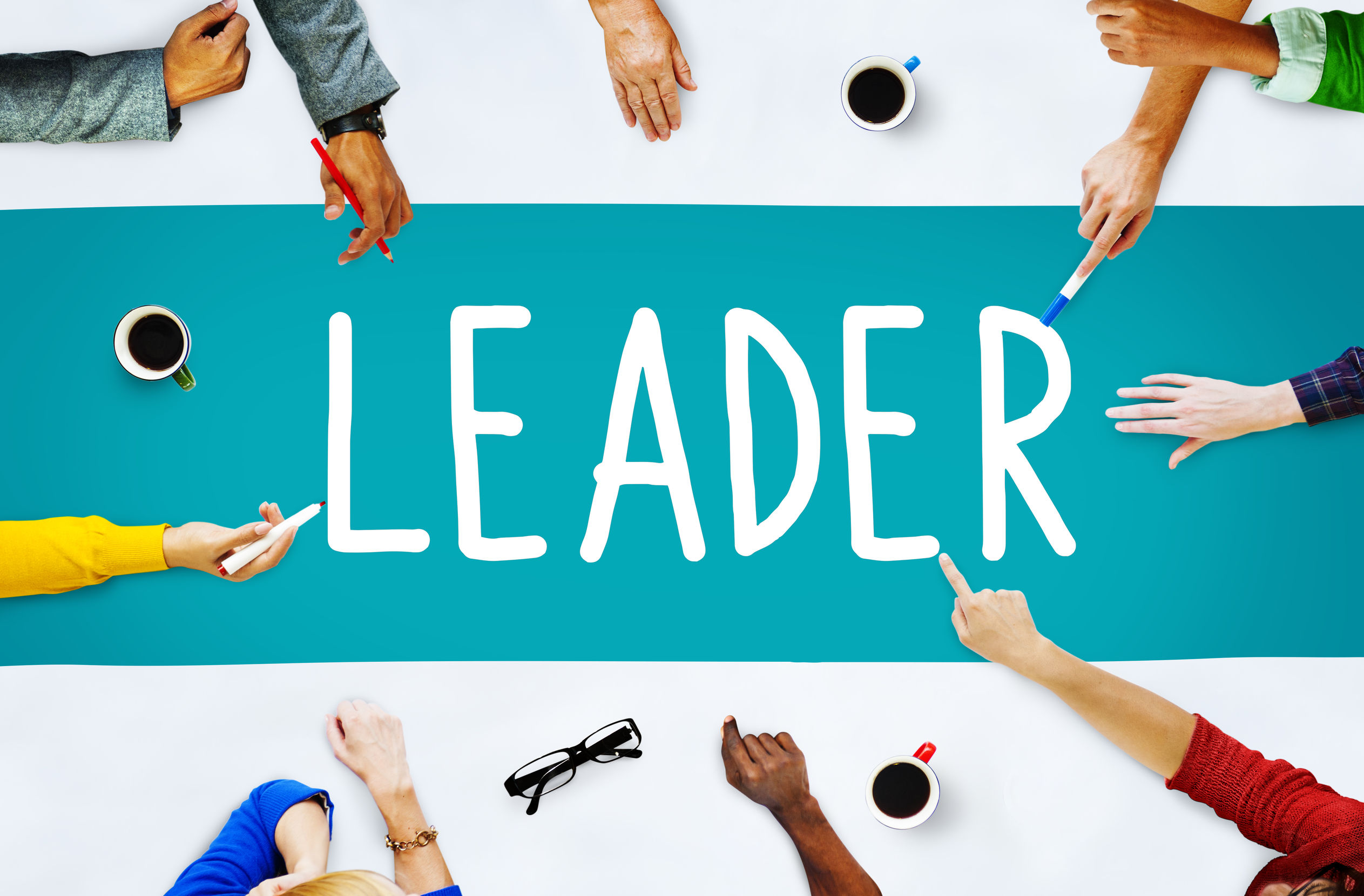In the last article of health and lifestyle, we spoke about the fact that sleep is essential for a healthy and wholesome body. Most importantly, at work where we are expected to be proactive and efficient, and in our casual life as well with family and friends.
The fact that sleep is essential for our overall wellbeing cannot be overemphasized.
There are two types of sleep essential to the body Slow-wave sleep and REM sleep. REM sleep is to the mind what slow-wave sleep is to the body.
One example of the impact of sleep on physical performance, we will consider a study which researchers conducted on the Stanford basketball players. During this study, the players slept for at least ten hours per night (compared to their typical eight hours).
During five weeks of extended sleep, the researchers measured the basketball players accuracy and speed compared to their previous level. Their shooting abilities increased by 9%, they were 0.6 seconds faster when sprinting 80 meters. If you place heavy physical demands on your body, slow-wave sleep is what helps you recover.
The brain is relatively quiet during most sleep phases, but during REM your brain comes to life. REM sleep is when your brain dreams and re-organizes information.
During this phase, your brain clears out irrelevant information, boosts your memory by connecting the experiences of the last 24 hours to your previous experiences, and facilitates learning and neural growth. Your body temperature rises, your blood pressure increases, and your heart rate speeds up. Despite all of this activity, your body hardly moves. Typically, the REM phase occurs in short bursts about 3 to 5 times per night.
Without the slow wave sleep and REM sleep phases, the body literally starts to die. If you starve yourself of sleep, you can’t recover physically, your immune system weakens, and your brain becomes foggy. Or, as the researchers put it, sleep-deprived individuals experience an increased risk of viral infections, weight gain, diabetes, high blood pressure, heart disease, mental illness, and mortality.
To summarize: slow wave sleep helps you recover physically while REM sleep helps you recover mentally. The amount of time you spend in these phases tends to decrease with age, which means the quality of your sleep and your body’s ability to recover also decrease with age.
As an example, a 60-year-old may need to sleep for 10 hours to get the same about of REM sleep that a 20-year-old can get in 7 hours. To put it simply: there is no substitute for sleeping.
There is a limit on this recovery process, of course. Your body will do the best it can, but it will never be able to turn a deficit into a surplus. If you want to recover from a night of little sleep, you need to follow it with more sleep than usual.
What should we eat or drink to sleep better?
There may be something to that old adage that a glass of warm milk will help you sleep. Dairy products like yoghurt, milk, and cheese are rich in melatonin-boosting calcium, and a number of studies are finding that being calcium-deficient may make it difficult to fall asleep.
Tryptophan is present in most protein-based foods or dietary proteins. It is particularly plentiful in chocolate, oats, dried dates, milk, yoghurt, cottage cheese, red meat, eggs, fish, poultry, sesame, chickpeas, almonds, sunflower seeds, pumpkin seeds, buckwheat, spirulina, and peanuts.
Fish is rich in tryptophan, an amino acid that raises serotonin levels that are needed to make melatonin. Melatonin is a hormone that helps to control your sleep and wake cycles. In addition, most fish (cod, salmon, halibut, tuna, trout, and snapper) provide vitamin B6, which is also needed to make melatonin. A study in the American Journal of Clinical Nutrition showed that participants who ate tryptophan-rich foods showed a reduction in sleepiness and sustained alertness early in the morning, most likely due to improved sleep overnight.
A smart, soothing beverage to drink before bedtime is a herbal tea such as chamomile or peppermint. Herbal teas are naturally caffeine free and some have sleep-inducing properties. Chamomile is a herb that has been successfully used for insomnia for thousands of years, and peppermint has been shown to reduce stress and promote sleep.
In addition to herbal teas, green tea contains theanine, an amino acid that helps reduce stress and promote relaxation. Choose decaf green tea so that the caffeine does not keep you awake.
The natural sugar found in honey slightly raises insulin and allows tryptophan to enter the brain more easily, according to nutritionist Lindsey Duncan. A spoonful before bed or mixed with chamomile tea could give you a more restful sleep.
Ginger tea is “It’s also hydrating and stomach-soothing.” This being fresh or dried ginger, where you can get all the natural nutrients it has to give.
White rice has a high glycemic index, so eating it will significantly slash the time it takes you to fall asleep, according to an Australian study. In particular, jasmine rice, in particular, brings on shut-eye faster; research published in the American Journal of Clinical Nutrition found that people who ate a meal that included jasmine rice fell asleep faster than when they ate other rice types.
Sweet potatoes are great sources of potassium, magnesium, and calcium to help you relax.
Most nuts and especially Pistachio nuts hit the sleep-inducing jackpot, packing in protein vitamin B6 and magnesium and also provide calcium. The unsaturated fats found in nuts also improve your serotonin levels, and the protein nuts provide can help maintain a stable blood sugar level, which helps promote sleep. “Do not exceed a 1 -ounce portion of nuts.” Moderation is important.
Almonds contain tryptophan and magnesium, which both help to naturally reduce muscle and nerve function while also steadying your heart rhythm.
The nutrients in dried plums — vitamin B6, calcium, and magnesium, to name a few — help make melatonin, the hormone that regulates sleep. Use prunes as a whole-grain toast topping, mix them into trail mix or eat them on their own about 30 minutes before bedtime, if you can get your hands on some. In Nigeria and most African countries, you would only get the packaged dried ones.
Since dehydration can impact your ability to fall and stay asleep (not to mention your energy levels overall!), choosing watery fruits like melon can make up for any deficits.
Nutritionists also recommend thirst-quenching apples, oranges and pears and pineapples. The magnesium and potassium in bananas serve as muscle and nerve relaxant. The vitamin B6 found in the fruit also converts tryptophan into serotonin, increasing relaxation even more.
Cherries, especially the tart varieties, for those who can access it outside of African countries, are one of the few food sources of melatonin, the sleep hormone that regulates your internal clock. In one small study, participants drank eight ounces of tart cherry juice in the morning, and another eight ounces in the evening, for two weeks and reported better sleeping habits.
Chickpeas (garbanzo beans), the main ingredient in hummus, are not only rich in tryptophan, but also in folate and vitamin B6. Folate helps to regulate sleep patterns, especially in older people, and vitamin B6 helps to regulate your body clock.
Dark leafy green vegetables (such as spinach, Swiss chard, kale, turnip greens and collard greens, ewedu, other African leafy vegetables) are rich in potassium, magnesium, and calcium – three minerals that play an important role in helping you sleep. Calcium helps the body generate melatonin, the hormone that helps your body maintain its sleep-wake rhythm. Potassium and magnesium are minerals that help relax overstressed muscles.
Vegetarians and vegans who do not eat meats or animal products can consume vegetables and legumes that encourage sleep such as cucumbers, soy, pumpkins, potatoes, walnuts and cauliflower, mushrooms, tomatoes and leafy greens.
Eat the foods mentioned above in moderation, drink lots of water through the day, keep away from over spicy food at night, high fatty foods and caffeine.
“All in all eat less and move more.”


